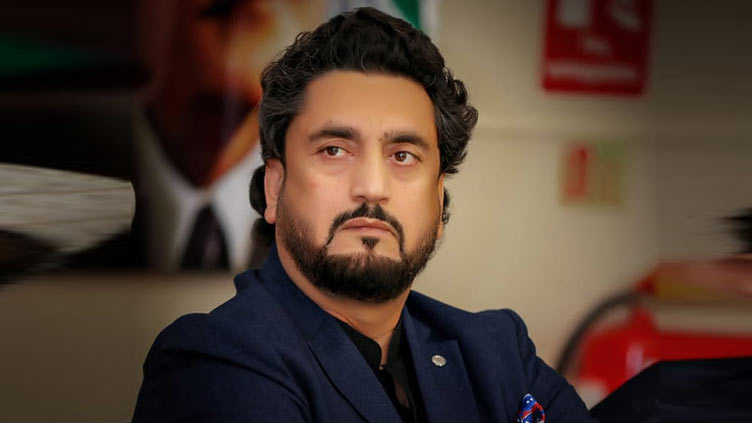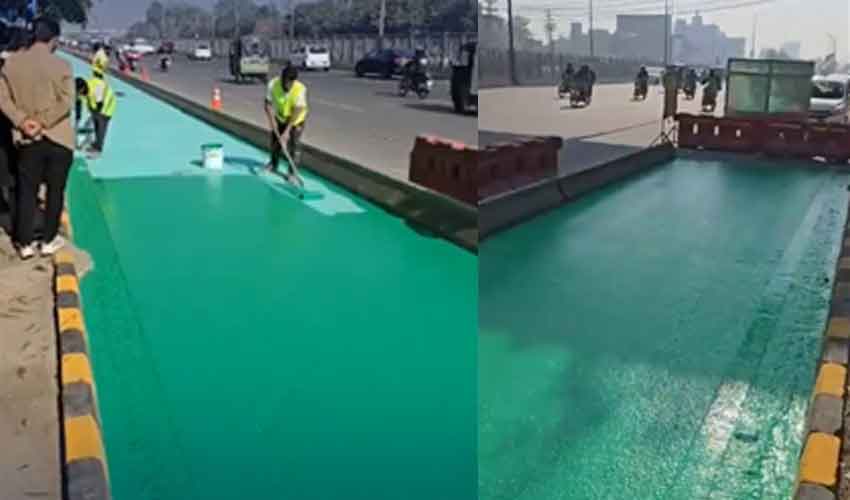On Thursday, the Supreme Court’s Constitutional Bench ordered the Ministry of Defense to submit comprehensive data on the military trials of civilians that have been carried out so far.
A seven-member Constitutional Bench, presided over by Justice Aminuddin, met to discuss the ongoing legal dispute over the military courts’ authority to hear civilian cases.
Jamal Mandokhel, Muhammad Ali Mazhar, Hassan Azhar Rizvi, Masrat Hilali, Naeem Akhtar Afghan, and Shahid Bilal Hassan are among the justices on the bench.
Pakistan Supreme Court’s Army Act
Khawaja Haris, a lawyer for the Ministry of Defense, opened the proceedings by arguing in support of civilian military tribunals, claiming that petitions opposing such trials would be inadmissible if the pertinent legal provisions were found to be accurate. Haris insisted that the prescribed process for military trials was strictly adhered to.
But Justice Hassan Azhar Rizvi expressed doubts about the military tribunals’ transparency, namely concerning whether the defendants were given the chance to call witnesses and whether the proceedings’ standard of proof complied with the law. The court has previously asked for and been denied access to military trial records. Rizvi made it clear that the court’s goal was to guarantee that due process and the right to a fair trial were respected, not to assess the trial’s merits.
The court’s request for documents
In response, Khawaja Haris consented to provide one military trial case’s record for examination to the court. Justice Muhammad Ali Mazhar expressed concerns regarding the fairness of military trials, emphasizing that although the court cannot examine the trial’s merits, it must make sure that the process followed satisfies the Constitution’s requirements for a fair trial.
In accordance with the natural justice principles, Justice Hassan Azhar Rizvi reaffirmed the point, stating that the court was solely concerned with examining the procedure of evidence presentation and the accused’s opportunity to raise a defense.
The bench also emphasized that everyone should be given a fair trial before being punished.
Arguments for a fair trial
Citing Articles 8(3) and 8(5) of the Constitution, Khawaja Haris contended during the hearing that petitions contesting the military trials were unconstitutional under the current legislation. He said that because the military courts had complied with the law in their processes, no additional examination of the trial records was required.
However, according to Justice Muhammad Ali Mazhar, the processes in military tribunals must nonetheless comply with legal standards even in the absence of Article 10A, which protects the right to a fair trial. While Justice Musarrat Hilali requested an explanation of the initial need for Article 10A, Justice Jamal Mandokhel expressed worries about the possibility of amending the military trial statutes.
Civilian trials and the Army Act
The Army Act’s clause pertaining to civilians’ military trials was a major source of disagreement throughout the proceedings. Justice Jamal Mandokhel questioned if the Army Act, which was created to govern military personnel’s discipline, was being applied incorrectly to civilians. He noted that the question of military trials for civilians might not have come up if there had been separate laws for criminal offenses.
In defense of the Army Act, Khawaja Haris claimed that its goal was to prevent any obstacles to military activities and that the law’s application to civilians was a continuous process of legal change. The 1967 modification, which added the phrase “any person,” broadened the purview of military courts to encompass civilians, even retired officers, raising worries about the inclusion of civilians under the law, according to Justice Naeem Akhtar Afghan.
The ramifications of this alteration were also considered by the court. Justice Naeem Akhtar Afghan pointed out that all military trials of retired officers, including the current FB Ali case, may be declared unlawful if the altered portion of the statute were determined to be invalid. He proposed that in order to allow civilians to be tried in military courts, a constitutional modification might have been required.
Clarity in the law is necessary.
With even retired officers now falling within the purview of military trials, Justice Naeem Akhtar Afghan noted that the recent insertion of Article 10A on fair trials has sparked ongoing debate in the courts. He claimed that the inclusion of civilians on this list may have been the result of a parliamentary error and that clarification might require a constitutional revision.
Khawaja Haris countered that a different goal was pursued when the constitutional provision for civilian trials was enacted. The court, however, was unconvinced and ordered the Ministry of Defense to submit comprehensive records of all civilian trials held under military courts, excluding Kulbhushan Jadhav’s case.
The Constitutional Bench stressed that the law’s application to civilians must be transparent and consistent with constitutional safeguards, even though it was not evaluating the proceedings’ merits. In accordance with earlier court rulings, the court also directed the Ministry of Defense to furnish information regarding the categorization of civilian proceedings in military courts.
The court deferred the case for more considerations after the hearing, focusing on reviewing the documentation of civilian military trials and assessing the sufficiency of legal protections. The bench reaffirmed its dedication to upholding the accused’s rights and maintaining the fairness and justice of the legal system.


 Latest News2 days ago
Latest News2 days ago
 Latest News2 days ago
Latest News2 days ago
 Latest News2 days ago
Latest News2 days ago
 Business2 days ago
Business2 days ago
 Business2 days ago
Business2 days ago
 Latest News2 days ago
Latest News2 days ago
 Latest News1 day ago
Latest News1 day ago
 Uncategorized2 days ago
Uncategorized2 days ago





















